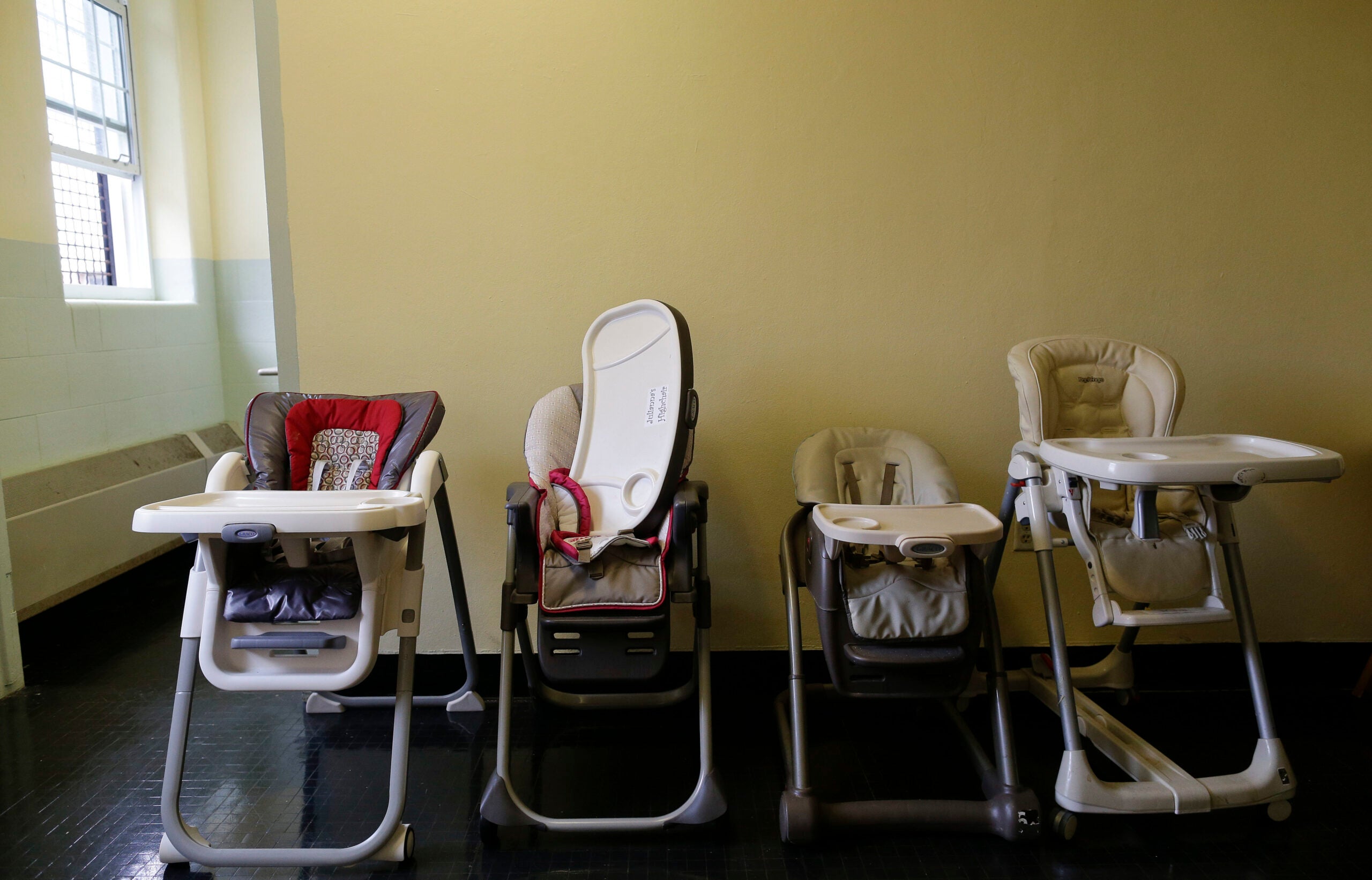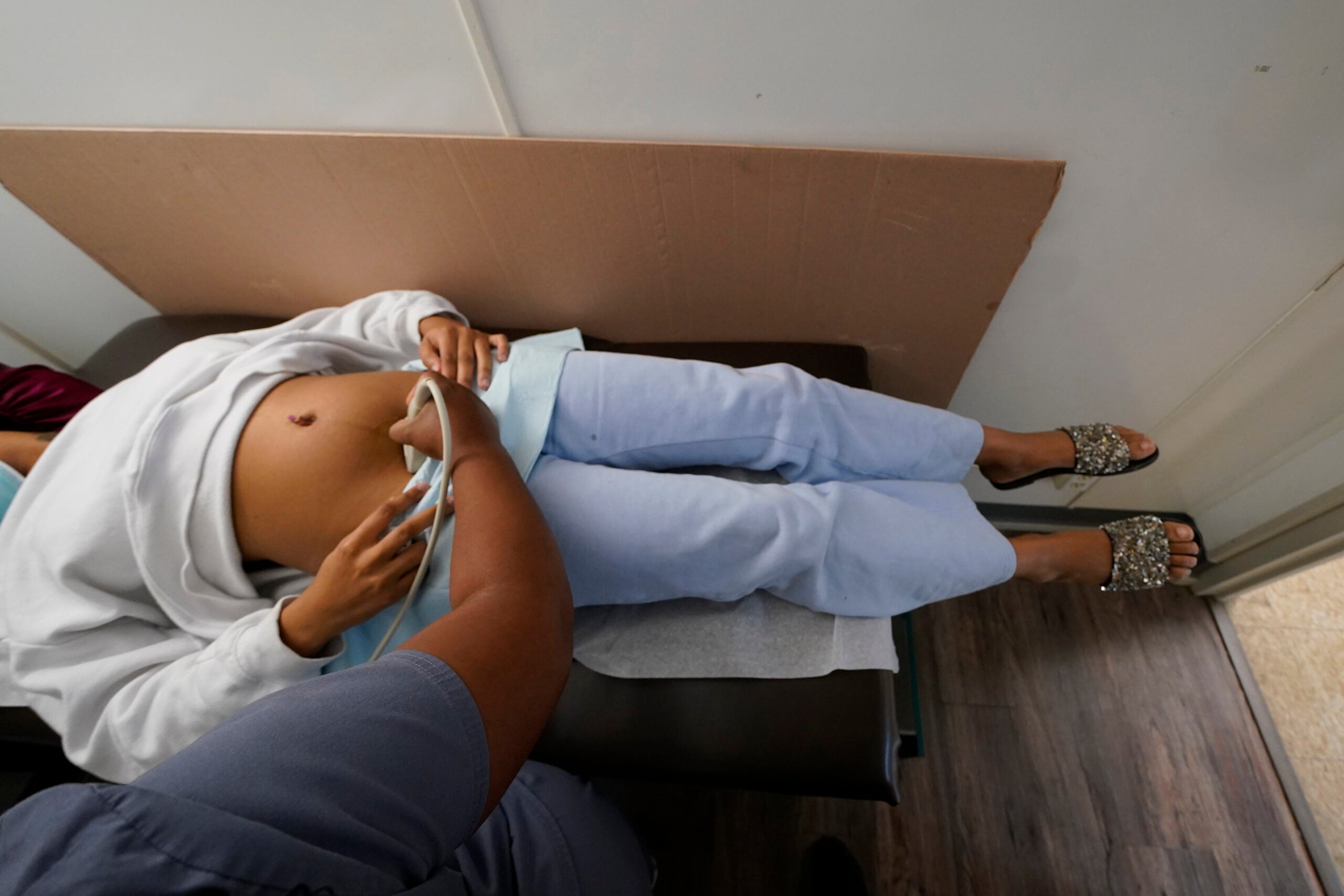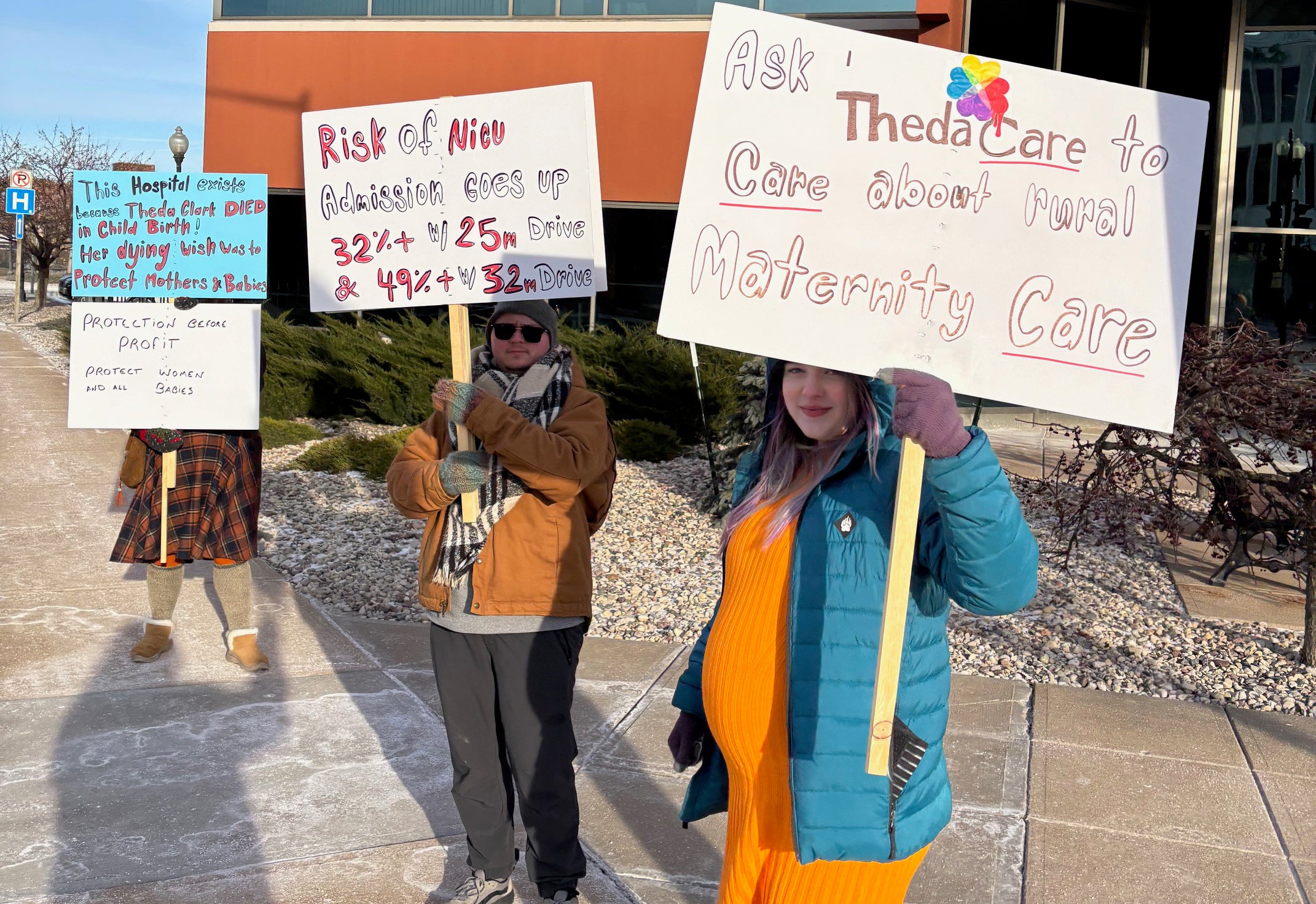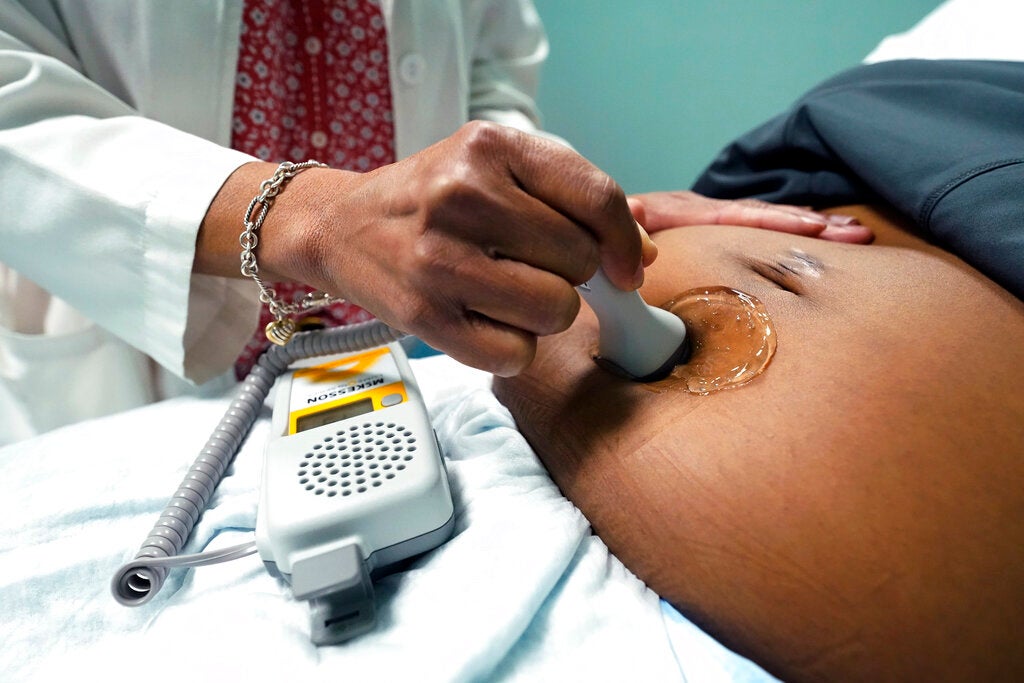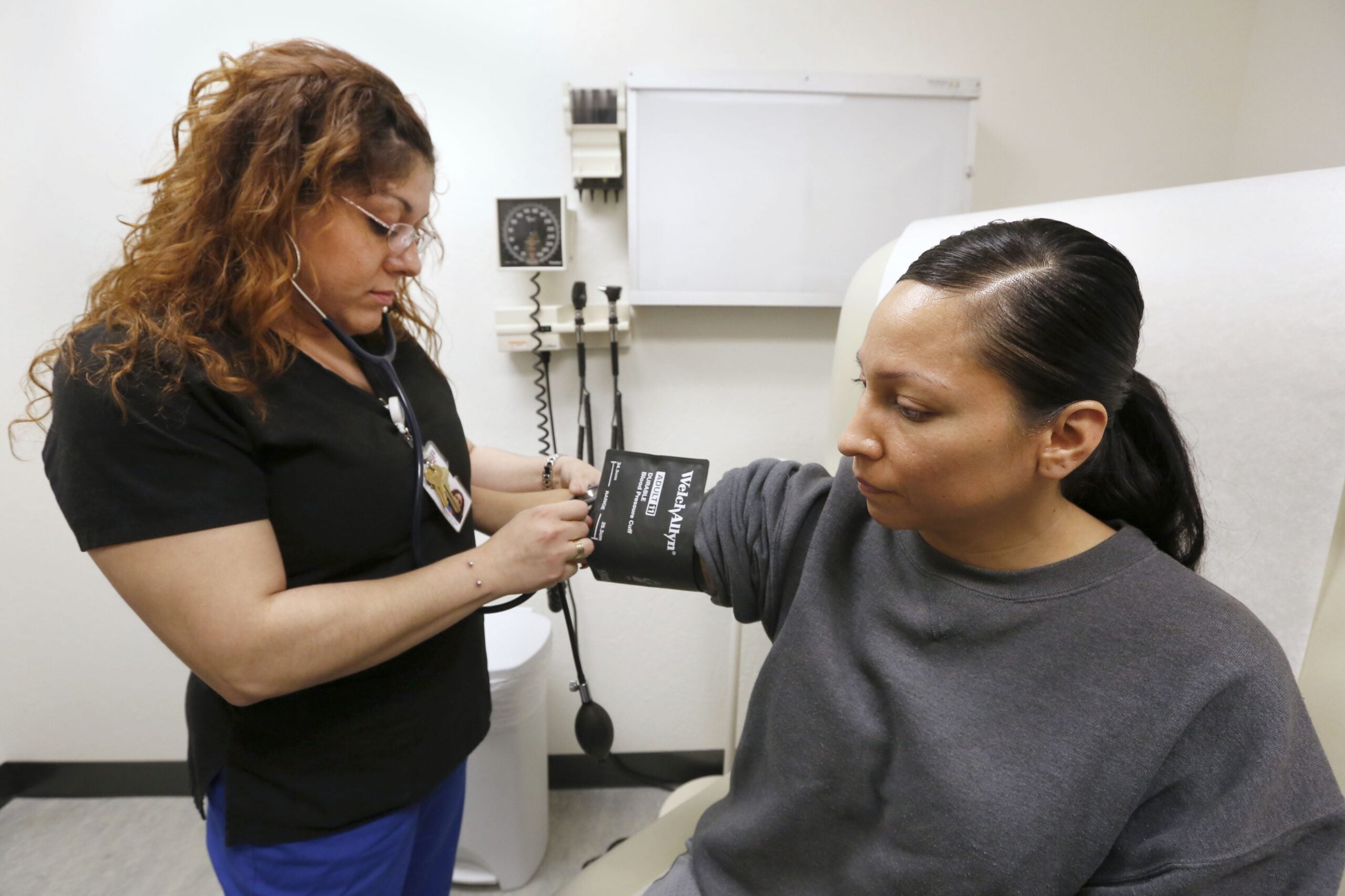Across Wisconsin, there’s a shortage of mental health and addiction experts, especially those who can help pregnant women. On Monday, Milwaukee health professionals announced an effort to get expectant mothers the care they need.
Starting this July, 350 primary care doctors with pregnant patients will get expert advice on how to treat addiction and depression.
Primary care doctors will be able to call up colleagues who are psychiatrists to determine if an expectant mother is depressed, said Dr. Christina Wichman, an associate professor of psychiatry and obstetrics and gynecology at the Medical College of Wisconsin.
Stay informed on the latest news
Sign up for WPR’s email newsletter.
“Kind of navigating what normal versus abnormal is in regards to mood or anxiety symptoms in pregnancy or post-partum,” Wichman said.
Doctors will also be able to ask for expert advice on treating pregnant women or new mothers addicted to drugs or alcohol.
Babies born addicted to opioids and other substances is a growing problem. A state Department of Health Services report shows 583 babies were born with neonatal abstinence syndrome in 2014.
“That may actually be an underestimate,” Wichman said. “Because that is looking at discharge criteria for mothers and babies, and it certainly may be that we’re not doing appropriate billing and coding all of the time. So that may be an underrepresentation.”
It’s not just addiction to opioids concerning doctors. According to the 2016 America’s Health Rankings Health of Women and Children Report, more than 14 percent of women ages 18 to 44 in Wisconsin use alcohol during pregnancy.
Wichman is part of the Periscope Project, which aims to properly diagnose mothers with addiction or depression and connect them to services.
The Periscope Project, or Perinatal Specialty Consult Psychiatry Extension project, was announced Monday at the Medical College of Wisconsin. It is funded primarily with a three-year, $1.2 million grant from United Health Foundation. The state Department of Health Services contributed $200,000.
Wisconsin Public Radio, © Copyright 2025, Board of Regents of the University of Wisconsin System and Wisconsin Educational Communications Board.

